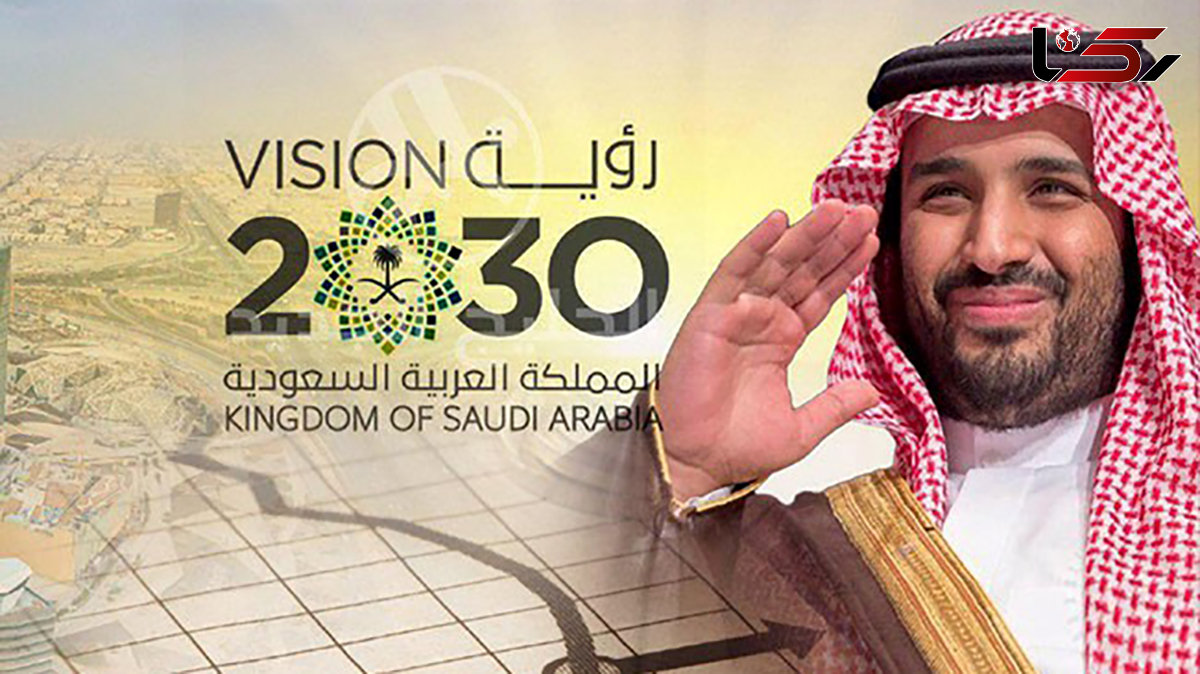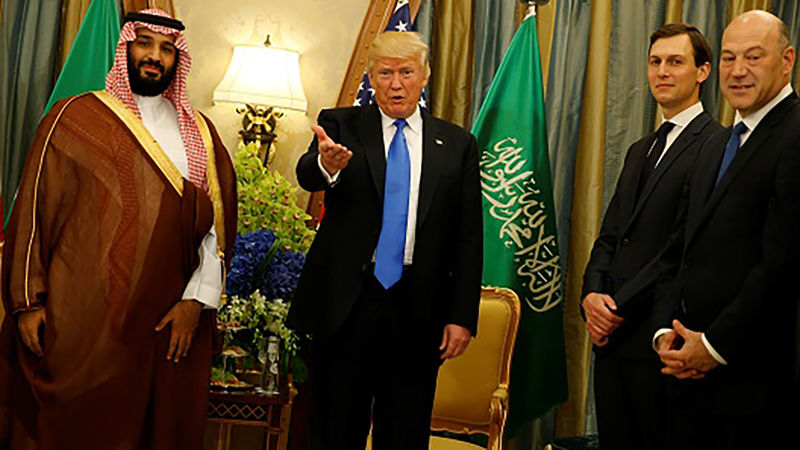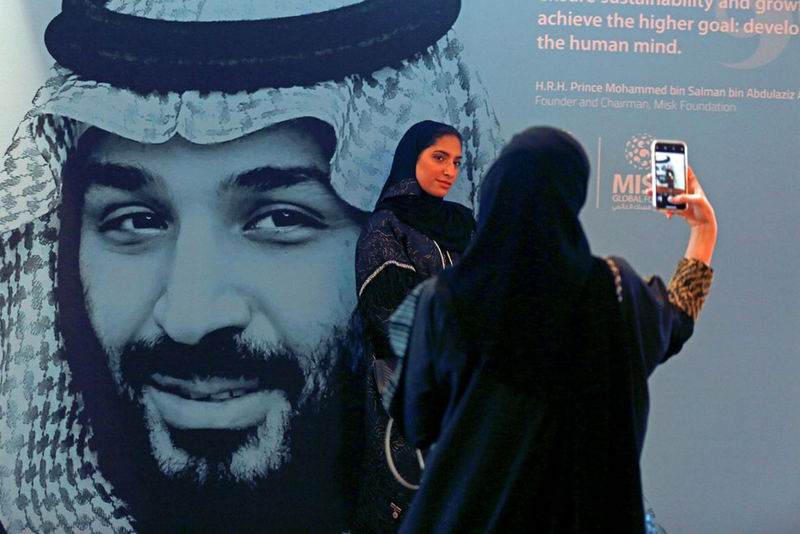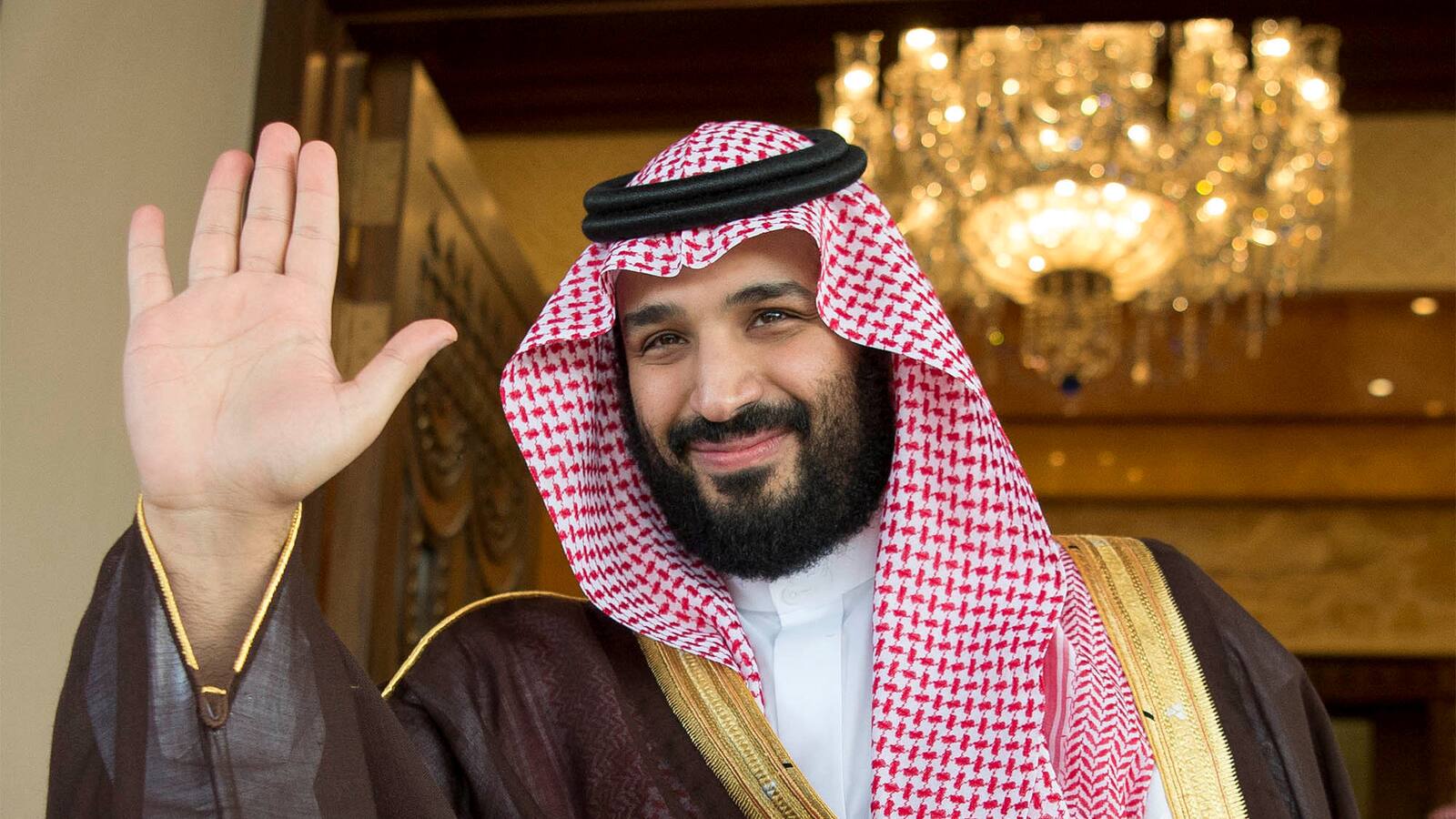The Good Dictator? Mohammed bin Salman’s Quest to Balance Progress and Repression

Navigating Between Progress and Repression
In May, former U.S. President Donald Trump made the first major overseas trip of his second term by visiting Riyadh, showering Saudi Arabia’s de facto ruler, Crown Prince Mohammed bin Salman (MBS), with extensive praise, calling him “an incredible man” and “a great guy.” This occurred amid ongoing concerns about Saudi Arabia’s human rights record—including the 2018 assassination of the Saudi critic journalist Jamal Khashoggi, and the possible link of this case to Mohammed bin Salman. Alongside this, the signing of multi-billion-dollar military and technology contracts, including a $142 billion weapons deal, reflects complex political and economic interests shaping Saudi Arabia’s global image: a country seeking transformation and development under Vision 2030, yet still overshadowed by heavy repression.

Relative Public Satisfaction Despite Severe Repression
Saudi Arabia, as an absolute monarchy, displays a striking paradox: a society where personal satisfaction sometimes equals that in democratic countries, while repression remains the foundation of power. Recent global surveys show that 84 percent of Saudis are satisfied with their lives, thanks to free healthcare, low inflation, and expanding economic and social freedoms. Critics argue this happiness is fragile and engineered by a state that criminalizes any opposition. However, a new generation of Saudis sees these achievements as grounds for deep loyalty to Mohammed bin Salman; loyalty that could lead to his victory in a hypothetical election despite the absence of democratic institutions.
Vision 2030: A Diverse Economy and Vibrant Society
Mohammed bin Salman strives to detach Saudi Arabia’s economy from oil dependence. In 2024, non-oil exports hit a record $137 billion, a 13 percent increase over the previous year and double the growth since 2016. These successes have mainly been in petrochemicals, plastics, fertilizers, and emerging technologies. Ambitious projects such as the futuristic city NEOM with a $500 billion budget and the Red Sea tourism project are part of the grand plan to place Saudi Arabia among the world’s top 15 economies.
This vision aims not only for economic progress but also to consolidate political legitimacy; with goals to increase women’s participation in the workforce, expand cultural and entertainment sectors, and create a dynamic society that proudly embraces Islamic and national values.

The Difficult Balance Between Reform and Repression
Despite these advances, Saudi Arabia recorded at least 338 executions in 2024—a sharp increase from the previous year—which has drawn widespread human rights protests. Activists like Muhammad al-Ghamdi have been sentenced to death for peaceful online activities. Mohammed bin Salman called this situation “shameful” in an interview and promised reforms, but violations of human rights and suppression of critics continue.
This situation reflects a regime where social and economic reforms coexist with political repression as twin pillars to maintain stability and power. Mohammed bin Salman seeks to build a modern and strong government, but traditional and religious resistances still block his path.
Future Challenges and Mohammed bin Salman’s Outlook
Mohammed bin Salman’s rule exemplifies authoritarian development: economic and social modernization without democracy or political freedom. This situation raises crucial questions about balancing freedom and security, progress and human rights. Is it possible to imagine a government that can achieve sustainable social change without tolerating real political participation and criticism? The future of Mohammed bin Salman and Saudi Arabia will be shaped under these complex equations.

Author: Mohammad Javad Mousavizadeh
Send Comments